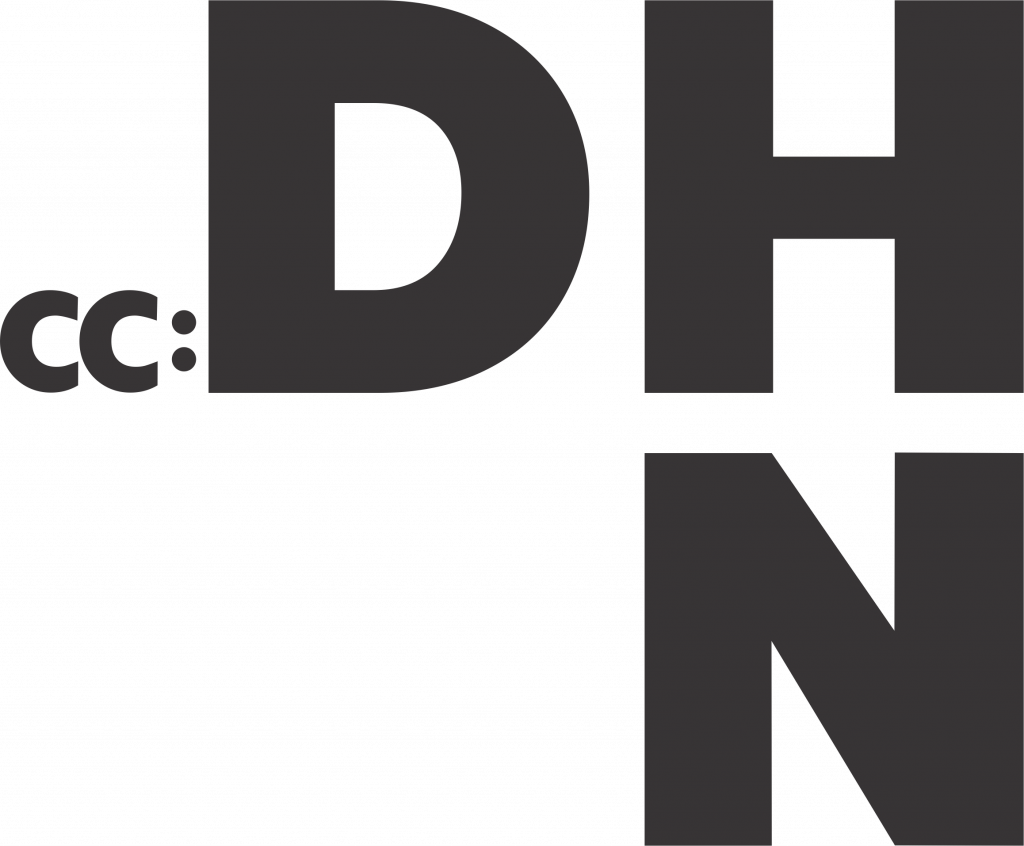From very small tabular datasets to mid-size mixed methods records to the titan data for Advanced Research Computing, researchers at McMaster have a wide range of needs for storing research data. But what options are available? What are some workflows when you’re working alone vs with a research team? What’s available if you need a bit more? Join us for a session on research data storage and backup. In this workshop, we’ll start with an overview of different storage platforms available to you as a researcher, their features and drawbacks, and outline data backup and security principles. Then, we’ll share information about the Digital Research Alliance of Canada’s annual Resource Allocation Competition and how researchers can start working with large-scale computational resources. Note: This webinar will be for researchers who are curious about the Resource Allocation Competition but have not accessed it yet. For those who are already accessing it and would like more information, please see the Intermediate High-Performance Computing session with Sergey Mashchenko.

![libraries_yu_PRIMARY_hor_CMYK[67]](https://ccdhhn.ca/wp-content/uploads/2024/02/libraries_yu_PRIMARY_hor_CMYK67.png)

